Salesforce Marketing Cloud Reporting
Salesforce Marketing Cloud Reporting is a powerful tool that enables marketers to gain deep insights into their campaigns’ performance. With a comprehensive set of reporting features, Salesforce Marketing Cloud allows businesses to track key metrics, analyze trends, and make data-driven decisions. In today’s competitive market, understanding the effectiveness of your marketing efforts is crucial. This is where Salesforce Marketing Cloud Reporting shines, providing detailed analytics and customizable reports to help you optimize your marketing strategies.
Incorporating robust reporting capabilities into your marketing workflow can significantly enhance your ability to target the right audience, deliver personalized content, and measure the impact of your campaigns. Tools like Salesforce Reports Overview offer a broad understanding of how to utilize Salesforce’s reporting features to their full potential. Additionally, integrating Salesforce Marketing Cloud Audience Builder, ensuring Salesforce Marketing Cloud SMS Compliance, and leveraging Salesforce Marketing Cloud A/B Testing can further refine your marketing efforts.
The Importance of Salesforce Marketing Cloud Reporting
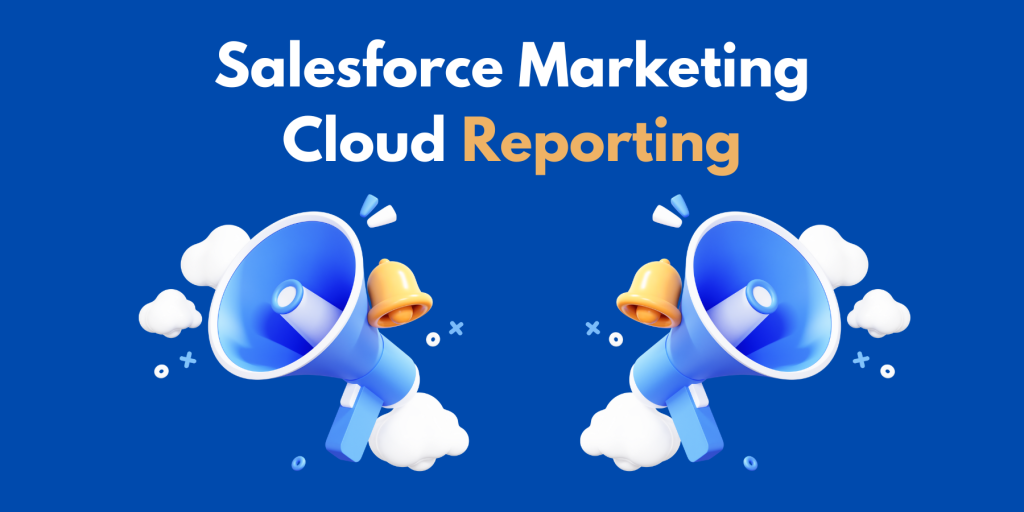
Salesforce Marketing Cloud Reporting is essential for several reasons:
1. Track Campaign Performance
Salesforce Marketing Cloud Reporting allows you to monitor the performance of your campaigns in real-time. By tracking key metrics such as open rates, click-through rates, and conversion rates, you can understand what works and what doesn’t.
2. Gain Customer Insights
With Salesforce Marketing Cloud Reporting, you can gain valuable insights into your customers’ behaviors and preferences. This data helps you tailor your marketing messages to better meet their needs.
3. Optimize Marketing Strategies
By analyzing the data provided by Salesforce Marketing Cloud Reporting, you can optimize your marketing strategies. Identify which campaigns are performing well and which need improvement to maximize your ROI.
I. Customized Reporting for Targeted Insights:
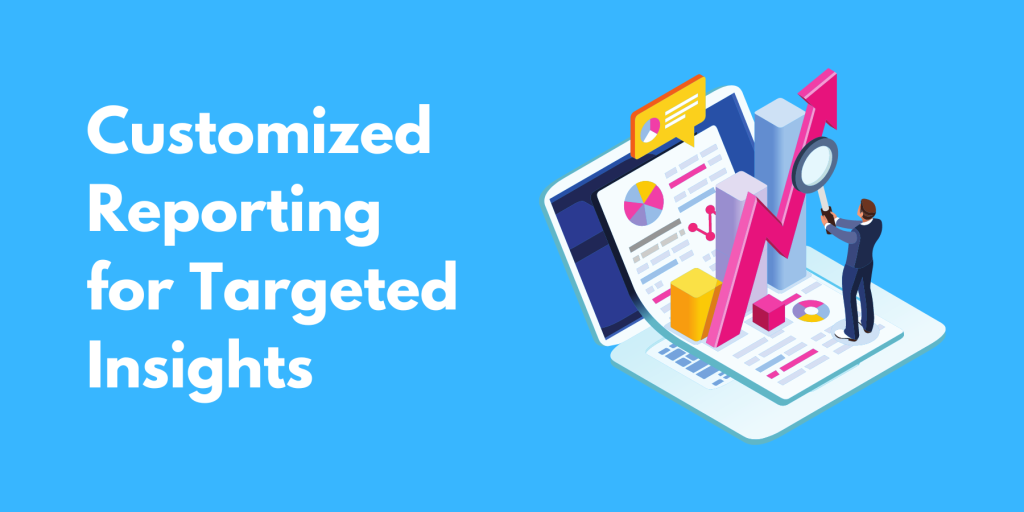
a. The Significance of Custom Reports:
The journey into Marketing Cloud Analytics begins with the configuration of customized reports. Tailoring reports to specific business objectives ensures that analytics are relevant and directly aligned with key performance indicators (KPIs). Salesforce Marketing Cloud provides a versatile set of reporting tools that allow marketers to delve into various aspects of their campaigns, from email engagement to customer journeys.
b. Configuring Email Engagement Reports:
Email marketing remains a cornerstone of digital campaigns. Configuring reports specific to email engagement involves tracking metrics such as open, click-through, and conversion rates. Marketers can delve into the performance of individual email campaigns, segmenting the data to understand which elements resonate most with their audience.
c. Crafting Customer Journey Reports:
Configuring reports focusing on customer journeys provides insights into how customers interact with a brand across multiple touchpoints. By mapping and analyzing the customer journey, marketers can identify key conversion moments, pain points, and areas for improvement. This level of granularity allows for the refinement of strategies to create more seamless and engaging customer experiences.
d. Conversion Rate Reports for Strategic Decision-Making:
Conversion rates are paramount in evaluating the effectiveness of marketing efforts. Customized reports can be configured to delve into conversion metrics, analyzing which channels and campaigns contribute most significantly to conversions. This information becomes invaluable in allocating resources effectively and optimizing strategies for maximum impact.
e. Flexibility with Custom Reports:
The flexibility offered by Marketing Cloud allows marketers to create reports beyond predefined templates. Whether it’s a specific metric, demographic analysis, or campaign comparison, custom reports empower marketers to extract precisely the information needed. This flexibility ensures that the reporting configuration aligns with each marketing team’s unique goals and priorities.
II. Holistic Data Integration Strategies:
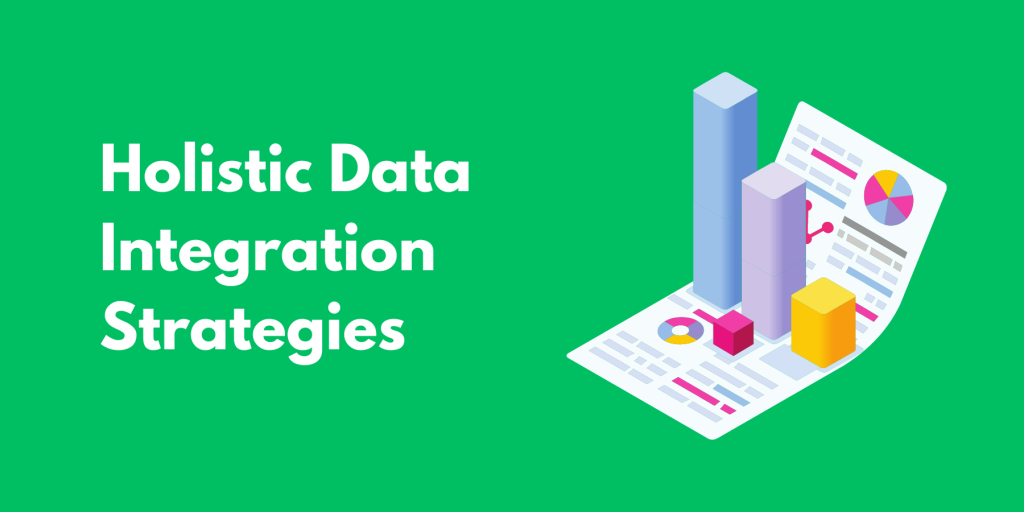
a. The Role of Data Integration in Reporting:
Effective reporting goes beyond individual campaigns. A holistic view of marketing performance requires integrating data from various sources. Salesforce Marketing Cloud allows seamless integration with social media platforms, CRM systems, and external analytics tools, creating a unified data ecosystem.
b. Configuring Social Media Data Integration:
Social media plays a pivotal role in modern marketing strategies. Configuring Marketing Cloud to integrate data from social media platforms provides insights into the effectiveness of social campaigns. For a comprehensive view, metrics such as engagement, reach, and social conversions can be analyzed alongside other marketing data.
c. CRM Integration for Enhanced Customer Insights:
Customer Relationship Management (CRM) integration is a game-changer for understanding customer behavior. Marketers can access enriched customer profiles, historical interactions, and purchase behavior by configuring Marketing Cloud to sync with CRM systems. This integration elevates the depth of insights, allowing for more personalized and targeted campaigns.
d. External Analytics Integration:
Beyond internal data sources, external analytics tools can offer supplementary insights. Configuring Marketing Cloud to integrate with tools such as Google Analytics or Adobe Analytics provides a more holistic understanding of online user behavior. This integration ensures that a broader spectrum informs marketing decisions of data.
e. Ensuring Data Privacy and Compliance:
While integrating data, it is crucial to uphold data privacy and comply with regulations such as GDPR. Salesforce Marketing Cloud provides robust security features and compliance tools, allowing marketers to configure data integration while maintaining the highest privacy and security standards.
III. Efficient Automated Reports for Real-Time Monitoring:
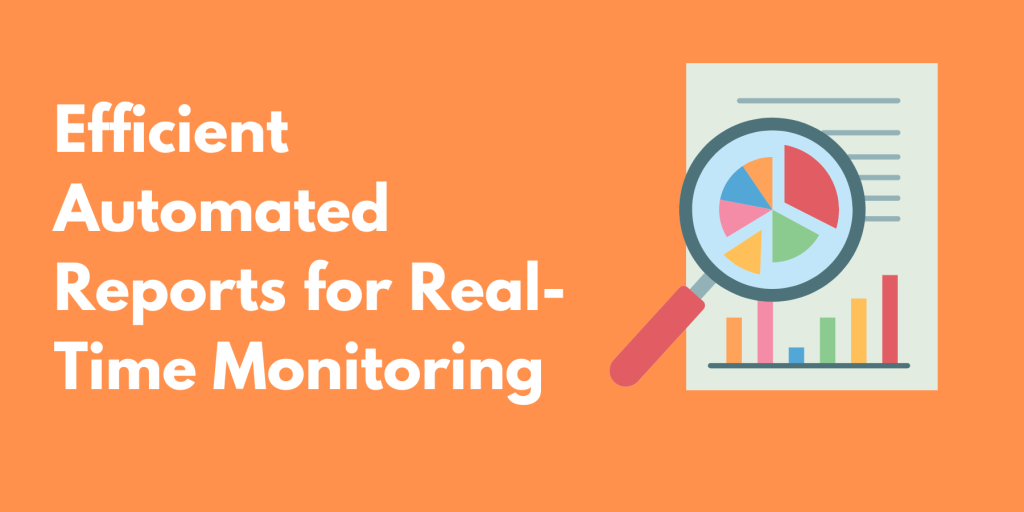
a. The Need for Real-Time Insights:
In the fast-paced world of digital marketing, real-time insights are paramount. Configuring automated reports within Salesforce Marketing Cloud allows marketers to receive timely updates on campaign performance. Real-time monitoring is crucial for campaigns with time-sensitive elements or those requiring immediate adjustments.
b. Scheduling Automated Reports:
Configuring the frequency and scheduling of automated reports is critical to real-time monitoring. Marketers can set up daily, weekly, or monthly reports based on the nature of their campaigns. This feature ensures that stakeholders receive timely and relevant information without manual intervention.
c. Proactive Adjustments Through Automated Monitoring:
Automated reports facilitate proactive adjustments to marketing strategies. Suppose a campaign is underperforming or has a sudden spike in engagement. In that case, real-time insights empower marketers to make data-driven decisions promptly. This agility is particularly valuable in seizing opportunities or mitigating risks swiftly.
d. Customizing Automated Reports for Stakeholders:
Different stakeholders within an organization may require different insights. Marketing Cloud allows for the customization of automated reports based on user roles. Whether it’s executives needing a high-level overview or campaign managers requiring granular details, configuring automated reports ensures that each stakeholder receives the information most relevant to their responsibilities.
e. Leveraging Dashboards for Visual Representation:
In addition to automated reports, Marketing Cloud provides customizable dashboards for visual data representation. Marketers can configure dashboards to showcase key metrics, trends, and performance indicators in a visually appealing and easy-to-understand format. This enhances the accessibility and usability of data for all stakeholders.
IV. Ensuring Data Accuracy and Consistency:
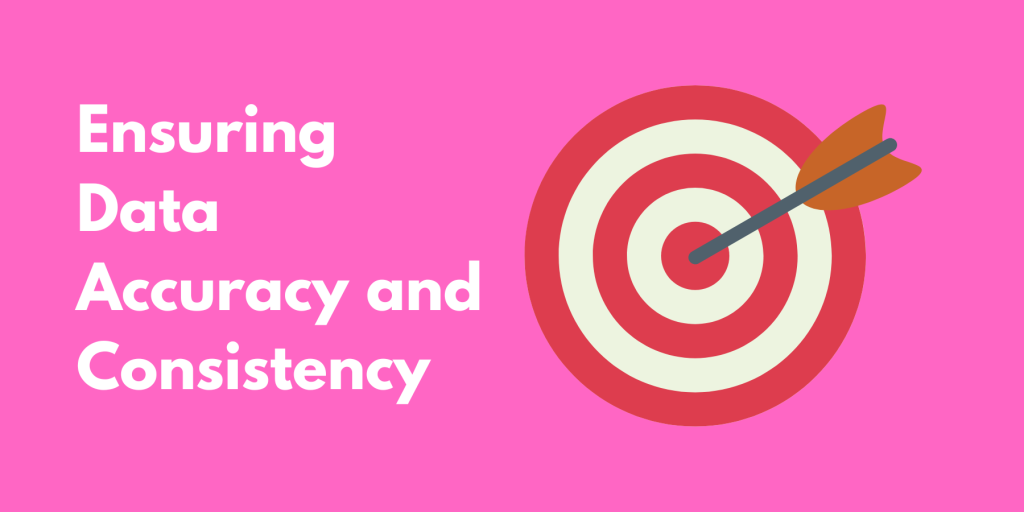
a. The Critical Role of Data Accuracy:
Accurate data is the foundation of meaningful insights. Marketing Cloud Reporting configuration involves implementing measures to ensure the accuracy of the data collected. This includes validating data at entry and implementing rules to prevent inaccuracies.
b. Implementing Data Validation Rules:
Data validation rules act as checks and balances within Salesforce Marketing Cloud. By configuring rules specific to data fields, marketers can ensure that only accurate and valid information is accepted. This step is crucial in maintaining the integrity of the data used for reporting and analytics.
c. Regular Audits for Data Consistency:
Even with robust configurations in place, regular audits are essential. Configuring periodic data audits ensures that inconsistencies or discrepancies are identified and addressed promptly. This proactive approach contributes to a reliable and consistent dataset.
d. Verifying Integration Points:
When data is integrated from various sources, configuring verification points becomes crucial. These verification points act as checkpoints to confirm that integrated data aligns with expectations. Verifying integration points is an ongoing process that ensures the accuracy and consistency of data across the entire marketing ecosystem.
e. Continuous Improvement Through Feedback Loops:
Configuring feedback loops within Marketing Cloud allows for continuous improvement in data accuracy. Marketers can gather end-user feedback, monitor the performance of data validation rules, and adjust configurations based on evolving business needs. This iterative process ensures that data accuracy remains a priority.
V. Optimizing Analytics for Customer Journey Analysis:

a. Configuring Customer Journey Reports:
Customer journey analysis is a core aspect of Marketing Cloud Analytics. Configuring reports focusing specifically on the customer journey allows marketers to understand how customers interact with a brand over time. These reports map touchpoints, highlight influential interactions and provide insights into the effectiveness of each stage of the journey.
b. Analyzing Touchpoints and Engagement:
Customer journey reports delve into individual touchpoints and engagement metrics. By configuring reports to showcase the effectiveness of touchpoints, marketers can identify high-performing elements and optimize the customer experience. This analysis informs strategic decisions for refining campaigns and improving customer satisfaction.
c. Personalization Opportunities Through Journey Analysis:
Configuring customer journey reports unveils personalization opportunities. Marketers can identify patterns in customer behavior, preferences, and responses to specific touchpoints. This information becomes the foundation for personalized messaging and targeted campaigns, enhancing the customer experience.
d. Evaluating Multi-Channel Interactions:
In a multi-channel marketing landscape, configuring reports that evaluate interactions across various channels is crucial. Customer journey reports within Marketing Cloud can be tailored to showcase how customers transition between channels, providing a holistic view of the customer experience. This analysis informs cross-channel optimization strategies.
e. Feedback Loops for Continuous Journey Optimization:
Configuring feedback loops within Marketing Cloud Analytics allows for continuous customer journey optimization. Marketers can refine and adapt their strategies to align with evolving customer expectations by gathering feedback from customer interactions and analyzing the effectiveness of touchpoints.
Key Features of Salesforce Marketing Cloud Reporting
1. Customizable Dashboards
Salesforce Marketing Cloud Reporting offers customizable dashboards that provide a comprehensive view of your marketing performance. These dashboards can be tailored to display the metrics that matter most to your business.
2. Detailed Analytics
Detailed analytics in Salesforce Marketing Cloud Reporting allow you to dive deep into your data. Understand the performance of individual campaigns, channels, and audience segments to make informed decisions.
3. Automated Reports
Automated reports in Salesforce Marketing Cloud Reporting save time and ensure you have access to the latest data. Schedule reports to be generated and delivered to your inbox at regular intervals.
How to Get Started with Salesforce Marketing Cloud Reporting
To get started with Salesforce Marketing Cloud Reporting, follow these steps:
Set Up Your Dashboard
Customize your Salesforce Marketing Cloud Reporting dashboard to display the metrics that are most important to your business. Include key performance indicators (KPIs) that align with your marketing objectives.
Schedule Automated Reports
Set up automated reports to be delivered to your inbox at regular intervals. This ensures you always have access to the latest data without having to generate reports manually.
Analyze Your Data
Regularly analyze the data provided by Salesforce Marketing Cloud Reporting. Identify trends, uncover insights, and make data-driven decisions to improve your marketing strategies.
Adjust Your Strategies
Based on the insights gained from Salesforce Marketing Cloud Reporting, adjust your marketing strategies. Focus on the tactics that deliver the best results and refine those that need improvement.
Conclusion:
Salesforce Marketing Cloud Reporting is an invaluable tool for modern marketers. By providing detailed insights into campaign performance, customer behaviors, and overall marketing effectiveness, it empowers businesses to make informed decisions and optimize their strategies. Whether you’re tracking real-time metrics, leveraging audience segmentation, or ensuring compliance, Salesforce Marketing Cloud Reporting offers the features and flexibility needed to succeed. Integrate it into your marketing workflow today to unlock its full potential and drive better results.
